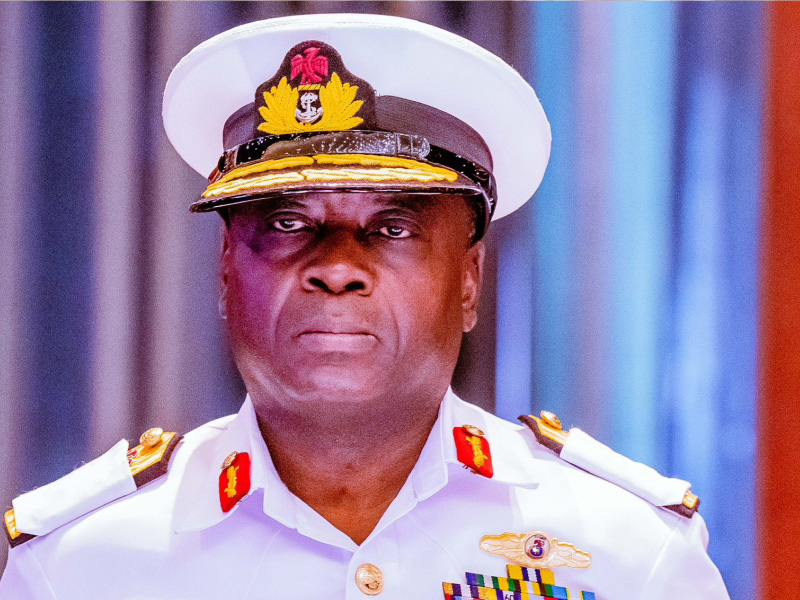The Nigerian military has announced that it is partnering with the organised private sector, diplomatic missions, and multilateral organisations to create a comprehensive support system that will empower retiring senior officers to transition smoothly into the next chapter of their lives after retirement.
The Chief of Defence Administration (CDA), Rear Admiral Joseph Akpan, made this revelation at the official opening of a two-day Pre-Retirement Transition Readiness Workshop, with the theme “Institutionalising Compulsory Rehabilitation and Unified Transition Assistance Training Programme for Retiring Senior Officers.”
Represented by Major General Olatokunbo Bello, the CDA explained that the new support system would help retired senior officers reintegrate more easily into civilian and productive life.
Meanwhile, the Workshop Coordinator, Transition Assistance Programme (TAP), Ijeoma Akwara, called for the institutionalisation of compulsory rehabilitation and transition assistance initiatives, stressing that such measures would provide consistency and long-term support for officers approaching retirement.
Building on this, Rear Admiral Akpan, in his keynote address, described retirement in the military as a significant milestone and an essential transition benchmark for all serving officers.
He emphasised that it is the responsibility of the Services to ensure that retiring officers receive the guidance and resources necessary to transition smoothly into civilian life.
According to him, “This transition support is needed as officers move from structured military service to civilian endeavours. It presents a significant challenge for retiring senior officers and can be marked by psychological, social, and financial difficulties.
“To address these multifaceted challenges, the institutionalisation of compulsory rehabilitation and transition assistance programmes therefore becomes indispensable.
“Such a programme should be designed as a well-structured pathway that aids retiring officers in recalibrating their lives, thereby ensuring a seamless transition that supports their long-term well-being outside the Service.”
He further noted that the challenges of transition are real, as many senior officers struggle to translate the skills acquired through professional military education and service into meaningful employment after retirement, while also coping with the psychological impact of leaving the military.
“For this reason, institutionalising compulsory rehabilitation and transition assistance programmes is crucial. The rationale behind the institutionalisation of such compulsory programmes lies in their potential to address the unique challenges faced by retiring officers,” he said.
The Workshop Coordinator, Transition Assistance Programme (TAP), Ijeoma Akwara, stated that the compulsory rehabilitation and transition assistance initiatives would help retiring senior officers plan their financial lives.
She said, “For those who want to continue working, we have a component where we invite the organised private sector, embassies, multinational corporations, and multilateral agencies to consciously, of their own volition, create opportunities for retiring senior officers who have completed the Transition Assistance Programme and are qualified for roles within their sectors.
“For example, if an oil and gas company is recruiting 10 people, and among them there is a need for consultants, we are saying that at least two of those positions should be reserved for retired senior officers. Organisations should be deliberate enough to make such provisions.”
Linus Aleke

